Climate
-
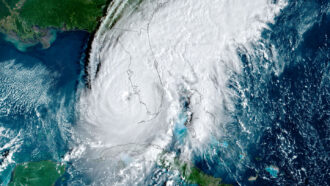 Physics
PhysicsExplainer: What is chaos theory?
Chaos can help scientists explore subjects from climate change to human brains. Learn about the theory behind this field of science.
By Sarah Wells -
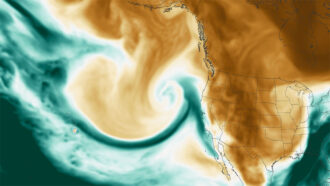 Climate
ClimateExplainer: What is an atmospheric river?
These long-traveling storm systems bring moisture to many parts of the world. Here’s what scientists are learning about them.
-
 Climate
ClimateFor greener toilets and air conditioning, consider saltwater
Using saltwater would allow coastal cities to save their freshwater for drinking and to reduce their carbon footprints. Some could save money, too.
By Laura Allen -
 Tech
TechNew technologies could keep people cool in a warming world
New approaches to air conditioning aim to keep people cool with fewer greenhouse-gas emissions as our world warms.
-
 Climate
ClimateDue to global warming, major league hitters are slugging more home runs
Major League Baseball has seen an average of 58 more home runs each season since 2010. The apparent reason: reduced friction on the balls in warmer air.
-
 Health & Medicine
Health & MedicineHow to be heat-safe when playing sports
Protecting young athletes from overheating is getting more important as climate change turns up the temperature.
By Megan Sever -
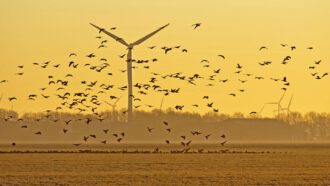 Climate
ClimateHere’s how to increase clean energy without harming wildlife
Wind farms, solar panels and more take up land and may harm wildlife. Researchers are working to resolve this conflict.
-
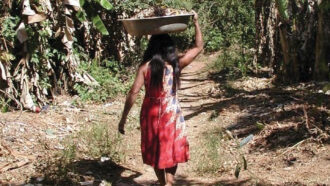 Agriculture
AgricultureNative Amazonians make rich soils — and ancient people may have too
Modern Amazonians make nutrient-rich soil from ash, food scraps and burns. The soil strongly resembles ancient “dark earth” found in the region.
By Freda Kreier -
 Climate
ClimateCreating less new stuff could greatly help Earth’s climate
Instead of throwing unneeded things away, scientists recommend moving to a cycle of reducing, reusing, repairing and remaking old things into new ones.
-
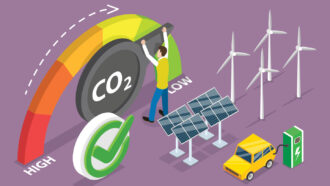 Climate
ClimateEight ways you can cut your carbon footprint
Learn how you can limit the climate-warming gases associated with what you eat, the products you buy and the energy you use.
By Laura Allen -
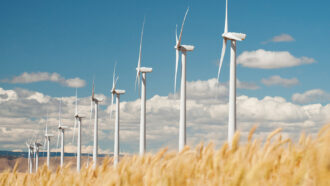 Climate
ClimateThe world is aiming for ‘net zero’ emissions of greenhouse gases
Nations are charting how they might ‘zero’ out their releases of climate-warming gases. Success might greatly lower the risks of climate catastrophes.
-
 Environment
EnvironmentGas stoves can spew lots of pollution, even when they’re turned off
A new study finds they can leak benzene and other harmful chemicals into homes, sometimes at very high levels.
By Laura Allen